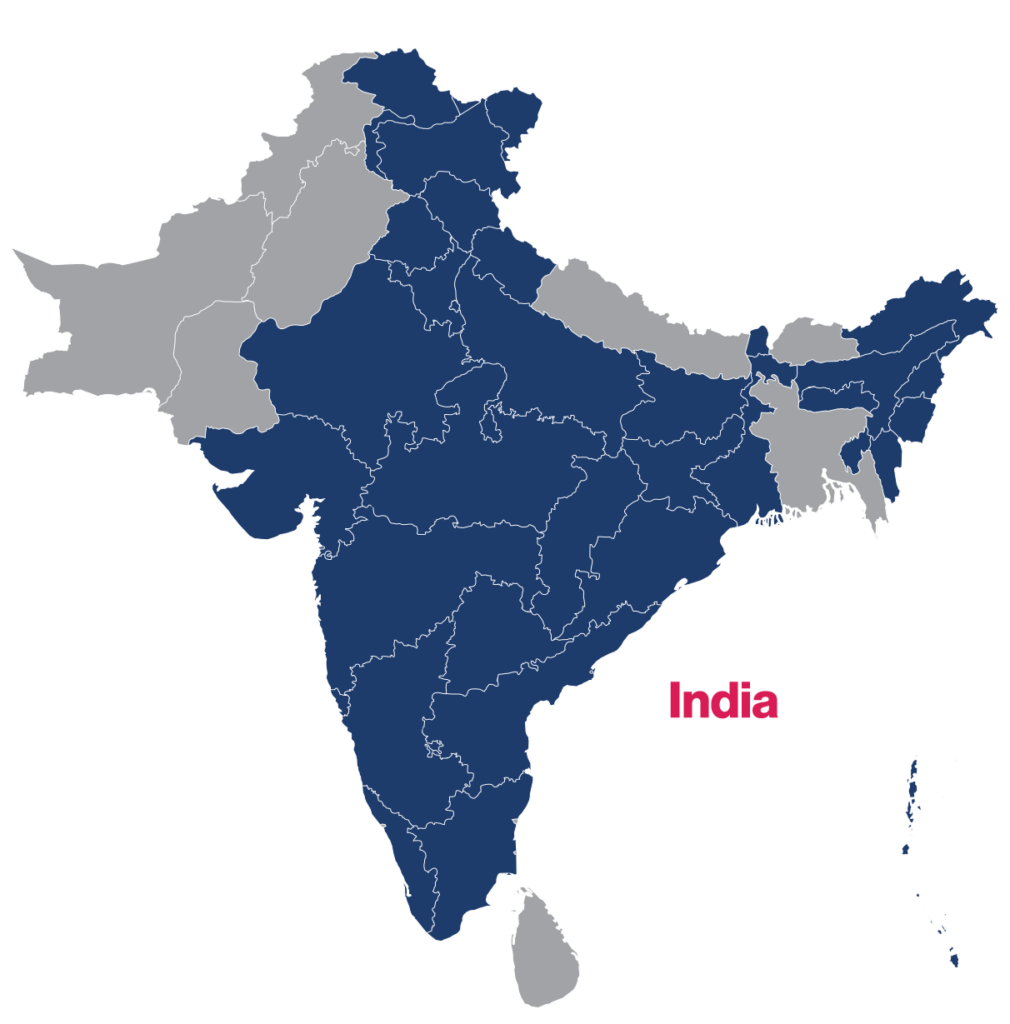
India’s DPDPB was passed by parliament in August 2023, adding India to the growing list of countries with unique compliance regulations.
Like other global privacy laws, the DPDPB follows seven main principles to protect individuals’ privacy rights:
- Consented, lawful and transparent use of personal data
- Purpose limitation (using data only for the specified purpose)
- Data minimization (collecting only that information required for the purpose)
- Data accuracy (ensuring data is correct and updated)
- Storage limitation (storing data for a restricted period, determined by its purpose)
- Reasonable security safeguards
- Accountability (through breach notification requirements and associated penalties)
Additional requirements are placed on organizations considered “significant data fiduciaries” by the central government, and the law applies cross-border to organizations processing the digital personal data of India’s civilians and residents. Failure to comply with the legislation could result in penalties of up to $61 million (5bn rupees).
Identify and secure PII on an ongoing basis to maintain compliance with India’s DPDPB
Ground Labs’ Enterprise Recon empowers companies to identify and remediate sensitive data across their entire network, including data located on workstations, servers, database systems, emails or cloud storage platforms.

Can you comply with India’s DPDPB? Conduct a complimentary sample data analysis withGround Labs to find out.
How Ground Labs can help ensure DPDPB compliance

Identify over 300 different types of data and file formats, including data stored in servers, on desktops, email, and databases, on prem and in the cloud, operating systems, email servers, and database servers

Support DPDPB compliance obligations with custom reporting and analytics available in the Enterprise Recon dashboard

Discover data that is stored on legacy or older systems

Search within both structured and unstructured data sources including files, databases, emails, cloud, big data and more

Low resource requirements that allow mission-critical system use

Be prepared for any future changes to the DPDPB and other global privacy regulations

Reduce the time required to map, analyze and remediate data before being transferred overseas into cloud storage

Execute a proactive approach to data security to build a stronger foundation of trust within your organization
Organizations achieve DPDPB India compliance
with Ground Labs
India's DPDPB — What you need to know
India’s new Digital Personal Data Protection Bill (DPDPB) was passed into law this week. Here's what you need to know.
What’s new in India’s draft Digital Personal Data Protection Bill (DPDPB)
India's draft Digital Personal Data Protection Bill (DPDPB) was released in November 2022 for parliamentary review.
